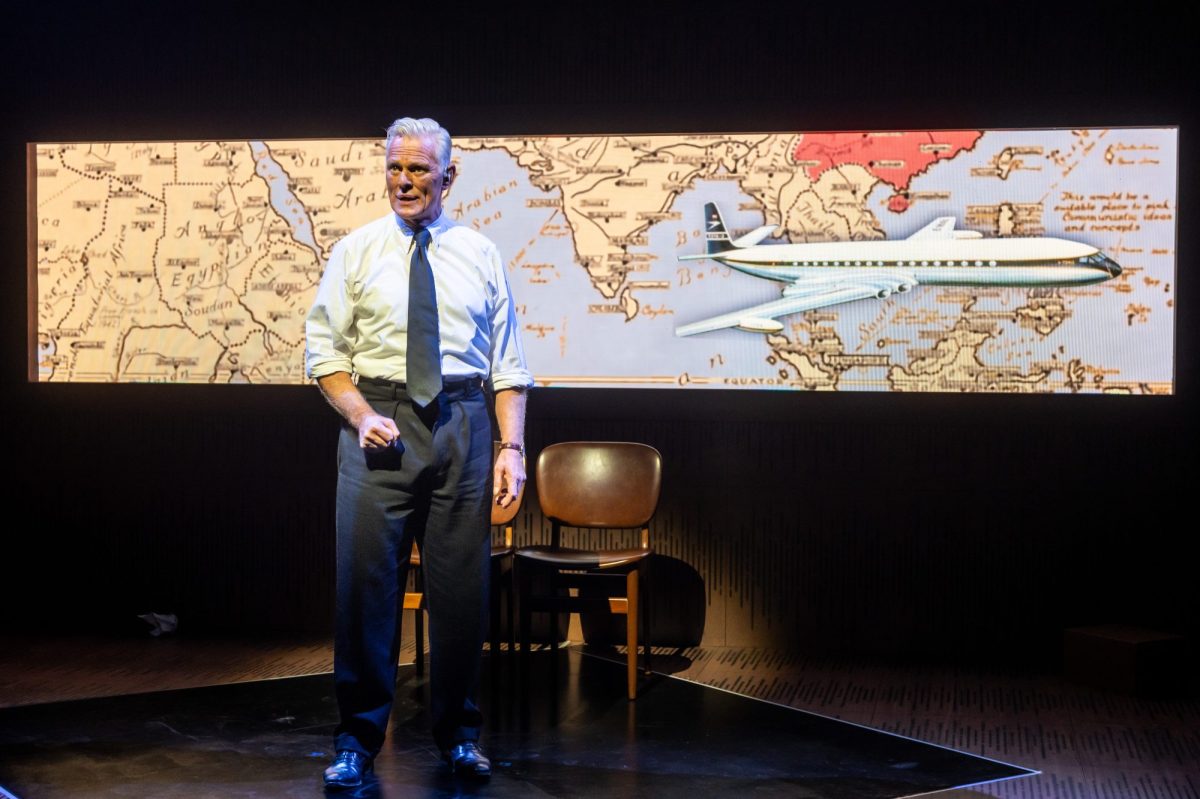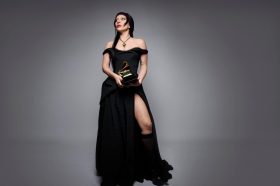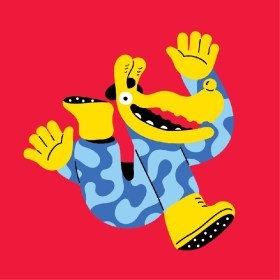David Warren was the Australian inventor who created the Black Box, the flight data recorder that is now mandatory on all commercial flights. As it collects important data, by not only recording pilots’ voices but also reading the instrument panels themselves, the recovery of a black box helps to understand the cause of plane crashes. An important invention of the late 1950s, it is an essential tool in today’s aviation industry.
The book of the musical has been written by Paul Hodge, who is also the composer and lyricist, as well as one of the producers. It was inspired by Warren’s personal story, having had a father who died in an unexplained plane crash in the Tasman Sea when Warren was just eight years old. The musical follows Warren’s life journey, often using flashbacks, to explain the obsession with his family tragedy and the desire to better understand how plane crashes happen.
On a personal level, Warren was a keen musician, but upon becoming a research scientist he began to explore the new phenomenon of miniaturist recording equipment in the 1950s.
Hodge hit on the idea of using the musical theatre form as a means of best illustrating Warren’s story. As Warren’s invention led to the use of recorded voices, immersing the audience in Warren’s own world of sound clearly has resonance.
The audience’s experience of this work is very much shaped by Hodge’s decision. Black Box utilises pre-recorded orchestral instrumentation and voices to create a world of memories and characters. Through the work of sound designer, Daniel Herten, Hodge has created the first binaural musical production, with the audience wearing headphones allowing them to be totally immersed in a 360-degree world of sound. The binaural recording method used is in stereo to give a Sensurround effect.
The audience is not always able to identify the voices on the recordings in order to match them to actors or singers; nevertheless the competency of the cast and their vocal quality is never in doubt. There are some fine readings, some quite amusing, assisted by a clever script. Bryan Probet’s Dad, Liz Buchanan’s Mum, Bernard Curry’s Laurie Coombes and Hugh Parker’s Peter Langford are all splendidly realised. The recording musically is of a high quality with some well sung vocal additions and backing band tracks, including Eurovision runner-up Dami Im’s recording of one of the main dynamic songs, ‘A New Era’.
There were a few glitches on the night attended, though on the whole the technology works very well and is impressive. It is a novel development and can surely be used to great effect in future dramatic works. However, without any visual connection to the characters, there is an overriding sense of listening to a radio play rather than seeing a stage show.
This is reinforced by having just two stage actors, whose musical performances are limited in terms of both action and production values, not helped by either staging or setting. The latter by Isabel Hudson is a dark brown box, similar in design to a sound studio and containing a small table and two chairs. There appears to be two sound booths at each end of the stage, but only one is ever used. A long thin screen on the back wall offers various projections of differing scenes, some realistic and others more abstract, with video design by Mic Gruchy.
Lighting design by Ben Hughes helps to provide the best stage pictures of the various scenes, with relevant atmospheric colours depicting time of day and settings.
The two on-stage characters, David Warren and his wife Ruth, are played by Michael Cormick and Helen Dallimore respectively. Both are fine actors and music theatre performers with impressive biographies.
Cormick is on stage for the entire play and sings numerous songs, keeping the action brisk and moving while giving a commanding performance vocally. As an actor he never seems to waver or lack energy, despite a fairly repetitive script, with its constant stream of rejections for his recorder lacking dramatic theatricality.
Many of the songs unfortunately begin to sound too similar, mostly with a stand and deliver approach by Cormick. Some interesting lyrics help to progress the narrative, but the music is often less engaging. A list of songs would have helped. The driven nature of Warren’s workaholic character, to the point where he almost abandons his wife and family, does not endear him to us either.
As Ruth, Dallimore has an increasingly unenviable role, constantly being the supportive wife until she can no longer cope. Early on she and Cormick have a few rousing songs together, such as the fun ‘Show and Tell’, but her renditions of the ballads ‘Come Home’ and ‘I’m Falling Down’ are both sad and overwhelmingly sentimental.
Read: Performance and venue review: Elegant, VIVA
Black Box is very much a work in progress with some good actors, terrific technology and interesting ideas. But presented as a musical, the wordy narrative seems not sufficiently dramatic or interesting enough to sustain a two-hour show. It may also be difficult to turn a dry scientific invention into a work of the theatre, without some distinctive theatricality to drive it.
Black Box
Presented by Grey Gum Productions and Tinderbox Productions
Cremorne Theatre, QPAC (Queensland Performing Arts Centre)
Book, Music, Lyrics and Producer: Paul Hodge
Executive Producer: Liz McLean
Director: David Berthold
Sound Design: Daniel Herten
Set Design: Isabel Hudson
Lighting Design: Ben Hughes
Musical Direction: Simon Holt
Video Designer: Mic Gruchy
Musical Director: Nick House
Dramaturgy: Simon Phillips and Anika Chapin
Cast: Michael Cormick, Hellen Dallimore
Voice Actors: Peter Warren, Freddie Hagley, Bryan Probets, Bernard Curry, Hugh Parker, Liz Buchanan, Ethan Lwin
Vocalists: Dami Im, Taylah Johns, Tymyka Adele Wines, Henry Kafoa, Elliot Baker
Tickets: $69.90-$99.90
Black Box will be performed until 19 May 2024.




